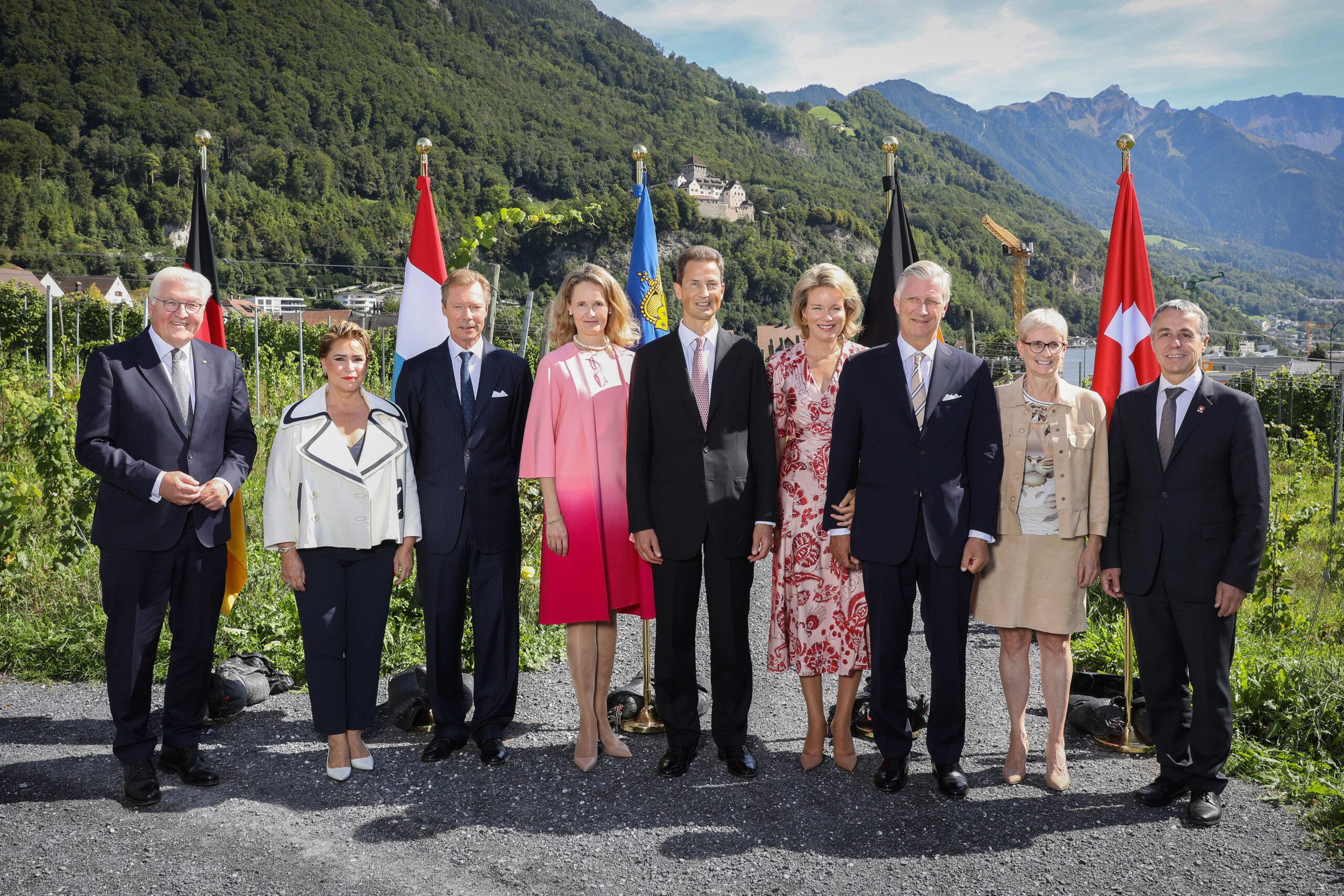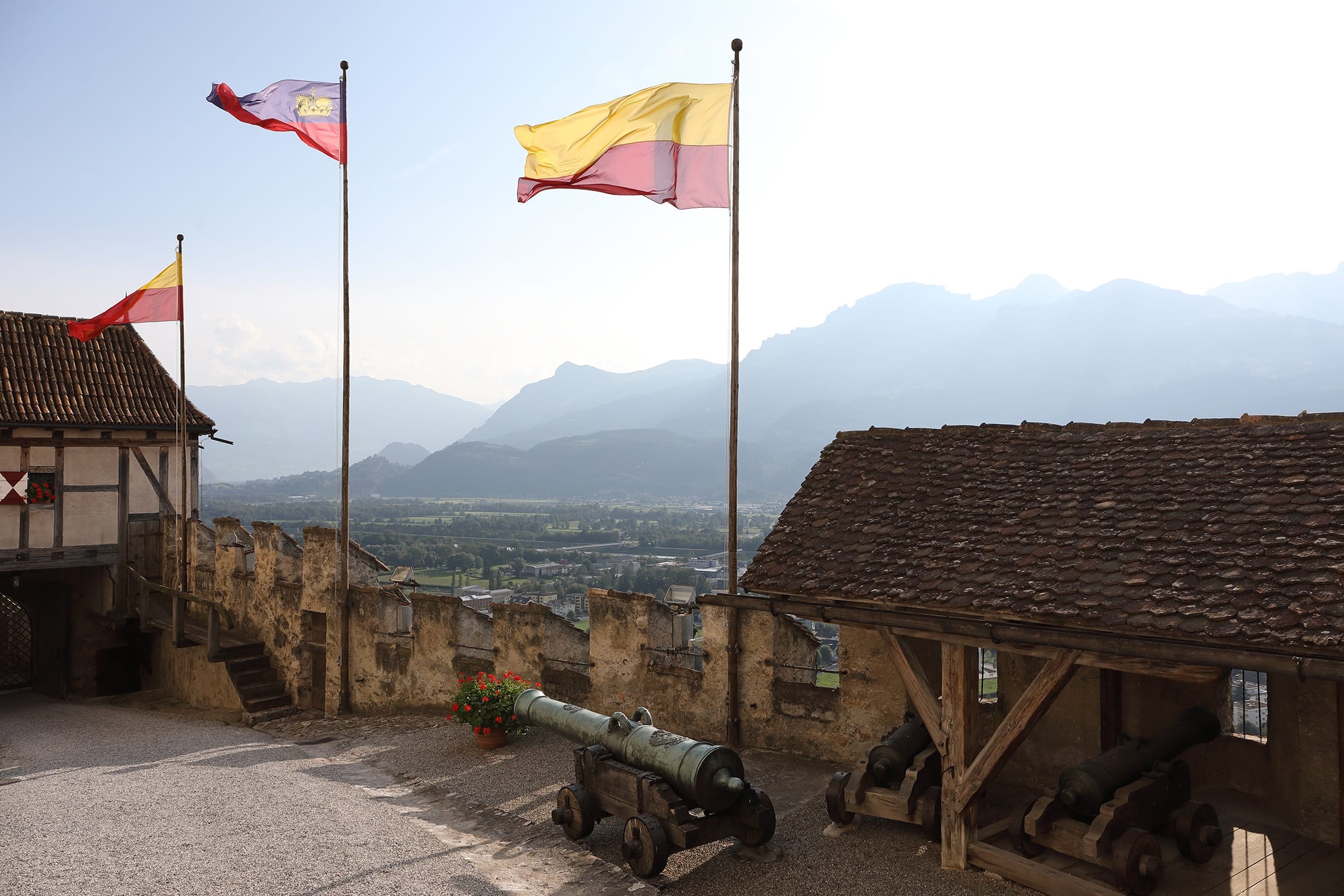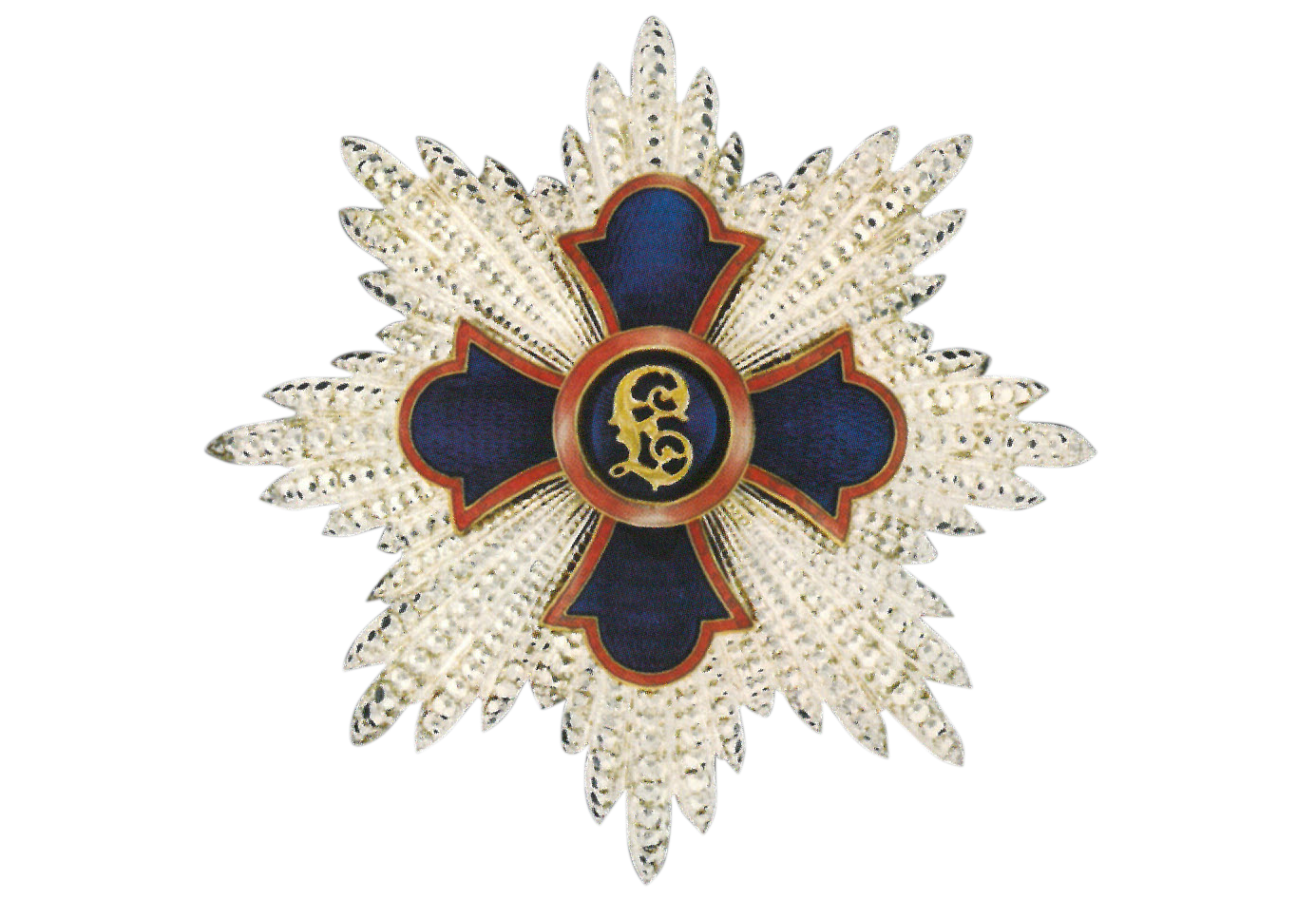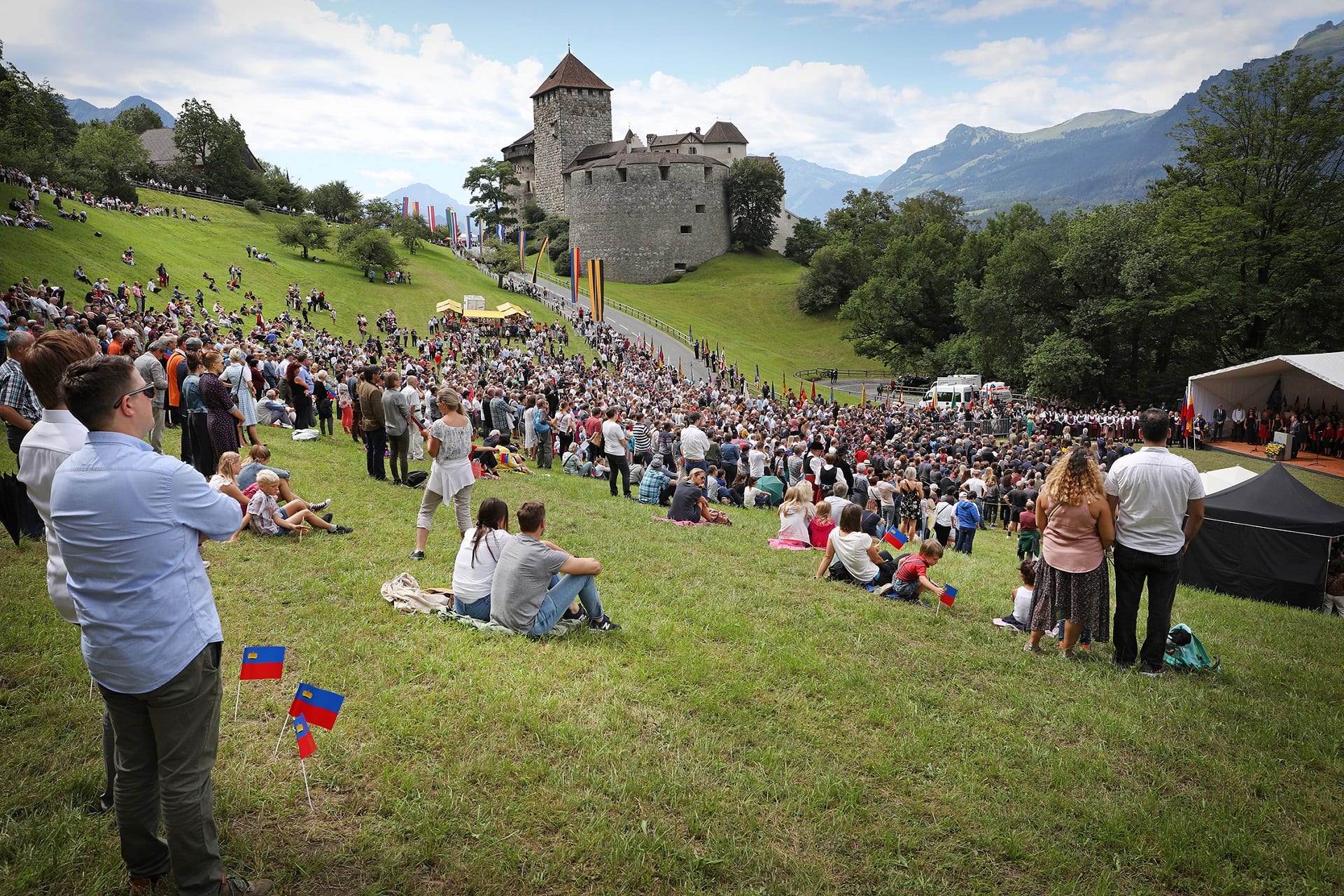Rights and duties of the Reigning Prince
The rights and duties of the Head of State are laid down in the Constitution of Liechtenstein, which defines the Principality as a constitutional hereditary monarchy on a democratic and parliamentary basis. The sovereignty of the country is shared between the Reigning Prince and the People. This entails rights and duties for both sovereigns of the country.

The Liechtenstein Constitution

The Liechtenstein Constitution dates from 1921 and uniquely combines a parliamentary democracy with a politically active monarch and pronounced direct democratic rights of the people.
Liechtenstein's constitution of 1921 remained largely unchanged despite the political turbulence and upheavals in 20th century Europe. Only in 2003, after a comprehensive debate on the role of the monarchy in Liechtenstein, a major constitutional reform took place. In a referendum, 64.3 percent of the people voted in favour of the reform proposed by the Princely House. The counter-proposal received only 16.6 percent of the votes. The turnout was 87.7 percent.
The emblems
The coat of arms of the Princely House has been considered the large national coat of arms of Liechtenstein since 1719. At that time, the County of Vaduz and the Lordship of Schellenberg were elevated to the status of an Imperial Principality.
The coat of arms consists of six motifs. A heart shield, the golden-red ancestral coat of arms of the Liechtensteins, forms the centre. At the top left is a gold-crowned eagle referring to Silesia; below it is the red and silver coat of arms of the Duchy of Troppau. The diamond wreath at the top right stands for the coat of arms of the Kuenringer family and the black virgin eagle below refers to Prince Gundaker's first wife Agnes of East Frisia. At the lower tip of the coat of arms, a golden hunting horn hanging from a golden cord is visible, referring to the Duchy of Jägerndorf.

The decorations
The recognition of outstanding achievements through titles, orders and decorations has a long tradition in the Princely House of Liechtenstein. The Princes of Liechtenstein themselves have been honoured for their services time and again over the centuries.
As Head of State, the Prince may confer titles. Common titles are: Princely Councillor, Princely Court Councillor, Princely Judicial Councillor, Princely Commercial Councillor, Princely Study Councillor, Clerical Councillor. Noble titles with the predicate "von" as well as the titles "Baron" and "Count" are very rarely awarded.

